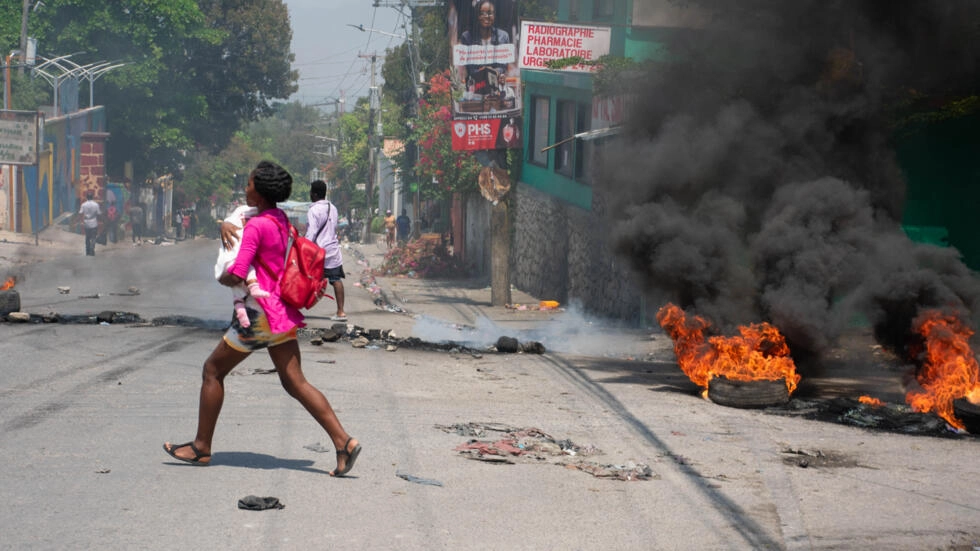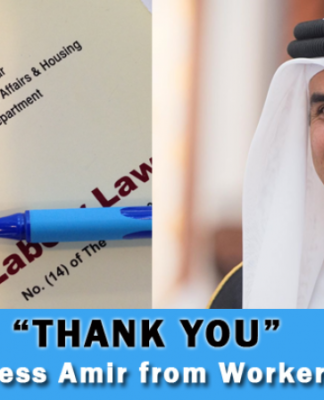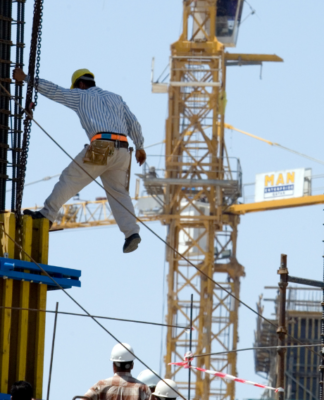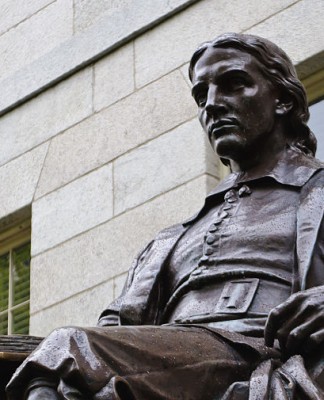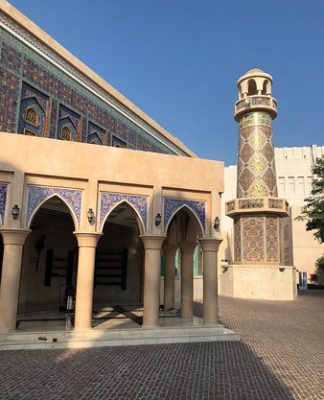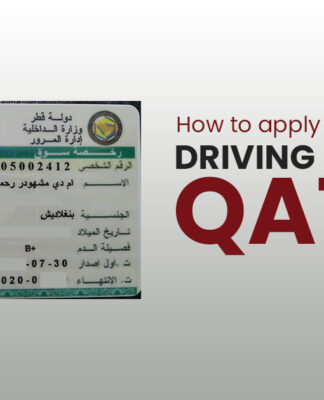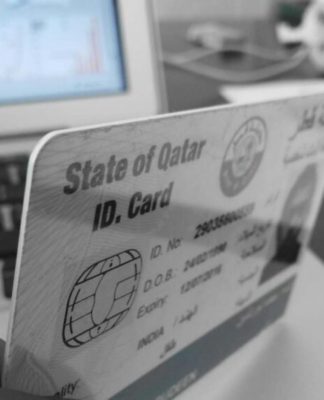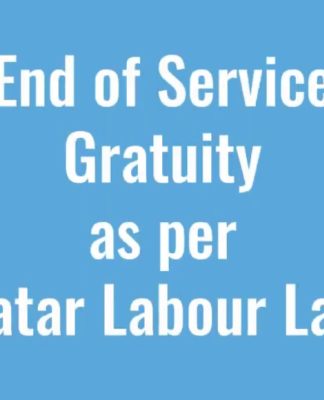Back to homepage / Americas
Haiti decrees creation of transition council as tens of thousands flee capital
Haiti’s government on Friday issued a decree in its official gazette formalising the creation of a nine-member transitional presidential council one month after Prime Minister Ariel Henry announced he would step down amid a wave of gang attacks. Earlier in the day, the United Nations said that some 95,000 people had fled the Caribbean nation’s capital since early March due to a surge in violence.
Issued on: 12/04/2024 – 18:55
3 min
A woman carrying a child runs after gunshots ring out in an area in Port-au-Prince, Haiti, on March 20, 2024.
A woman carrying a child runs after gunshots ring out in an area in Port-au-Prince, Haiti, on March 20, 2024. © Clarens Siffroy, AFP
By:
FRANCE 24
Follow
|
FRANCE 24
A decree in Haiti’s official gazette “Le Moniteur” announced the council’s formation. The announcement, which had been delayed for weeks by political squabbling, is a hopeful step in efforts to establish conditions for deployment of a UN-approved international police force.
Crucially, the formation of the council is also a first step toward holding a presidential election by early 2026.
“The Presidential Transition Council exercises specific presidential powers during the transition period until the investiture of the elected President, which must take place no later than February 7, 2026,” the decree stated.
However, questions remain over whether the US-backed interim government—dubbed a Presidential Transitional Council—will be able to impose its authority over well-armed gangs that control much of the capital Port-au-Prince.
Earlier Friday, the UN’s International Organization for Migration (IOM) estimated that around 95,000 people had fled Port-au-Prince since the beginning of March.
Insecurity is “pushing more and more people to leave the capital to find refuge in provinces, taking the risks of passing through gang-controlled routes,” IOM said.
Cut from the outside world
Haiti has not held elections since 2016 and has been without a president since Jovenel Moise was assassinated in 2021.
Henry was in Kenya in February, trying to organise the international police force deployment, when gangs launched a coordinated attack and demanded the 74-year-old’s resignation.
Some 4,000 inmates were released in gang raids on Haiti’s two biggest prisons. Police stations came under assault and attacks on the country’s airport resulted in Haiti being largely cut from the outside world.
Countries including the United States and EU members have evacuated their diplomats and nationals as security conditions worsened.
UNICEF, the UN children’s agency, warned that serious hunger and malnutrition were taking hold in Haiti, which has struggled to recover from a 2010 earthquake which saw an estimated 220,000 people killed.
After intense US and regional pressure, Henry agreed to step aside and facilitate formation of the transitional council.
He had been Haiti’s unelected leader since 2021, when he was appointed by then-president Moise.
New council vs gangs
Made up of seven voting members selected across Haiti’s political spectrum and two non-voting observers, the council’s main aim is to name a new prime minister and prepare the country for elections.
It was also agreed that the new government should allow UN-approved police to help Haiti’s police force combat gangs. The new body will have a mandate lasting to February 7, 2026.
Negotiations to appoint the transition council were marked by infighting and forced the intervention of UN Secretary-General Antonio Guterres, who urged stakeholders to put aside their differences.
Powerful gang leader Jimmy “Barbecue” Cherizier, whose 1,000-member G9 alliance controls parts of Port-au-Prince, was among those excluded from the new government due to conditions banning those facing UN sanctions.
Anyone charged with or convicted of a crime was also blacklisted, along with those planning to take part in the coming elections and anyone who has opposed plans for the international security force.
It remains unknown whether the gangs will agree to step back.
UN sanctions on five of the most powerful crime group leaders have had an “extremely limited” effect, a recent report from UN experts said.
Looting
The new authority will also face the immediate challenge of helping ordinary Haitians to escape crushing poverty, made more acute by the insecurity.
The United Nations says that out of a population of about 11.6 million, some 360,000 Haitians are internally displaced and five million have been pushed into “acute hunger.”
As well as targeting police stations and the airport, armed gangs have in recent days looted Haiti’s National Library, two universities and numerous health care facilities and pharmacies.
(FRANCE 24 with AFP)














